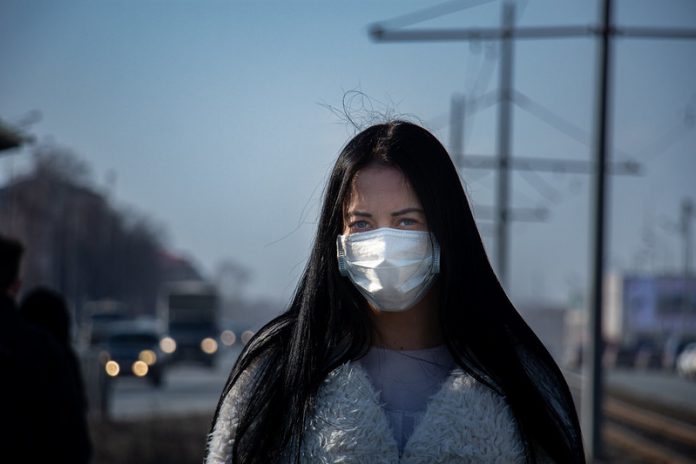I don’t know about you, but I’m ready for something to be
different. This staying at home, not knowing what’s going to
happen next, worrying, not sleeping well…it’s tiring.
Email from my yoga teacher, May 26, 2020
Let us be tired
Let us stay and arrange the coffee mugs on a new shelf;
let us stare at the dog;
let us roam around the house forgetting
what we needed to do next. Let us
read the 1000 names knowing they are only
a portion of what ails us—. All morning let’s read them.
Let us read the names out loud.
Let us be interested in how the Times defines a life and
how we do. How we do. This is the virus and that is the gun.
This is the virus and that is the knee on the neck. This is the
vigil and that is the vigil. This is the breath not taken
and that is the breath not taken. This is the storm and that is the cough.
This is the mask and that is the placard.
Let us hear the fear in a neighbor’s cough;
let us hear the fear in a siren.
Let us vigil, let us watch here on our knees, in the sunlight
let us remember to kneel in the sunlight, 8 minutes, 20 minutes, a lifetime
let us reject athletic trainers and yoga teachers and meditation leaders and priests
and poets. They mean well. They mean
to get us back into “it”–they are here for “us”
Let us stop feeling relieved if we do not have
underlying conditions. We have underlying conditions.
Image: “Coronavirus COVID-19 pandemic” by www.vperemen.com/ licensed under CC 2.0.
Julia Lisella:
This poem holds a lot, or maybe better to say, it gathers up a lot as it moves along, so each time I try to articulate how it came to be, the explanations seem to fall short. So, I’ll just give some of the facts behind the poem: on May 24, The New York Times published the names of 1000 of the 10,000 Americans we had so far lost to Covid-19, with their brief bios. The names filled the front page to impress upon us how many pages we would need to name all 10,000 American lives we had lost by that point. A day after, on May 25, George Floyd was brutally murdered by a policeman during his arrest. His murder felt like the last straw of a violent year of brutal killings—Ahmaud Arbery, Breonna Taylor, and so many others, reminding us that the pandemic wasn’t our only emergency and our only failing as a culture. On May 26, I received the email from my yoga instructor that I quote from in the epigraph to the poem. No doubt it was meant to be a benign and helpful message about Covid-19 and quarantining, but the email gnawed at me and prompted the poem. The poem was much longer, and full of self-consciousness about bringing these two huge topics into the same poem, but finally I just had to trust the poem to convey these separate but achingly connected experiences of breath, death, grief, fatigue, resistance. I let the images fold into the poem. It took some time before I was able to set the poem, and then let it speak.
Julia Lisella’s latest collection, Our Lively Kingdom (Bordighera Press 2022), was named a finalist in the 2023 Paterson Book Prize as well as Grand Prize Finalist and Poetry Honorable Mention for the Eric Hoffer 2023 Book Award. Other collections are Always, Terrain, and Love Song Hiroshima. Her work has been widely anthologized and has appeared before in Pangyrus, as well as in The Common, Ploughshares, Nimrod, and others. She teaches at Regis College and co-curates the Italian American Writers Association-Boston Reading Series. For more, see www.julialisellapoetry.com
Latest posts by Julia Lisella
(see all)


